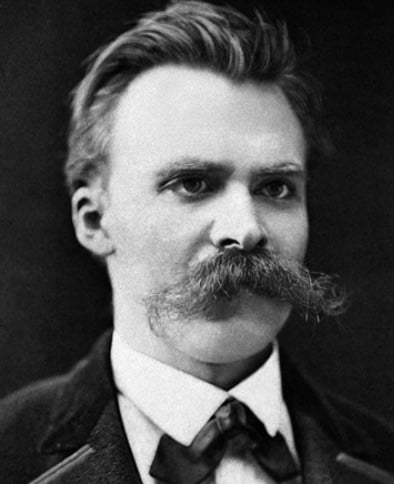
In 399 BC, Socrates was on trial for his life, accused of corrupting the youth of Ancient Greece. In his defence, he stated, “The unexamined life is not worth living.” In this assertion, Socrates was enunciating his belief that we must question all our beliefs in order to find truth. He was convicted of impiety and given permission to take his own life by drinking poison from the hemlock.
Those who have high IQ’s, begin asking “why” early in their lives and tend to be relentless in their quest to make sense of life. When the answers they receive don’t make sense or lead to contradictions, they begin to mistrust consensus and seek answers for themselves.
This individual pursuit of truth will often lead a high IQ person to reach conclusions that differ from consensus–the view that is held by most people. They quickly discover that putting forward their point of view, is often met with hostility or a barrage of challenges by those who are emotionally invested in the consensus beliefs. Consequently, many high IQ people recognize that it’s best not to vocalize an opinion in a group that is not receptive to an open, rational discussion.
One of the most familiar situations where vocalizing a divergent opinion is in the matter of religion. Most of us are exposed to early indoctrination in some religion, whether it’s Christian, Muslim, Judaism, or some other faith. The people around us who have immersed us in this religious liturgy have a heavy emotional need to believe in god and all the associated rules of behavior. Questioning the existence of god or an afterlife is certain to incite emotional opposition. A person of high IQ will usually avoid such encounters and seek out others of high IQ with whom they can discuss such questions in a rational way.
Another such situation in which opinions are best not vocalized, is evident in current American politics. The media, using the techniques knowns as “analytics,” have discovered how to appeal to their demographic and, in the last decade or so, have tailored their news to feed a selected demographic. If you watch the cable news networks such as FOX, CNN or MSNBC, you will see entirely different slants on the news, crafted to appeal to a particular consensus belief. This reinforcement of specific beliefs by filtering the news has resulted in a sharp polarization of opinion that has caused serious rifts in friendships and in families. A high IQ person will usually choose not to vocalize a divergent opinion in a group that is strongly polarized in the opposite political viewpoint.
In spite of these caveats about expressing unpopular opinions, we must acknowledge that we are all beneficiaries of the high IQ people who let their dissenting voice be heard, for otherwise we would all still believe that the flat earth is at the center of the universe, that Helios carries the sun in his chariot, and that blood-letting cures disease. The people who enlightened us found a way to be heard, sometimes by publishing posthumously (Copernicus) or sometimes by vocalizing and taking the punishment (Galileo, Giordano Bruno, Nelson Mandela) or even through passive resistance (Ghandhi, Martin Luther King Jr.) As Friedrich Nietzsche famously observed:
The individual has always had to struggle to keep from being overwhelmed by the tribe. If you try it, you will be lonely often, and sometimes frightened. But no price is too high to pay for the privilege of owning yourself.
